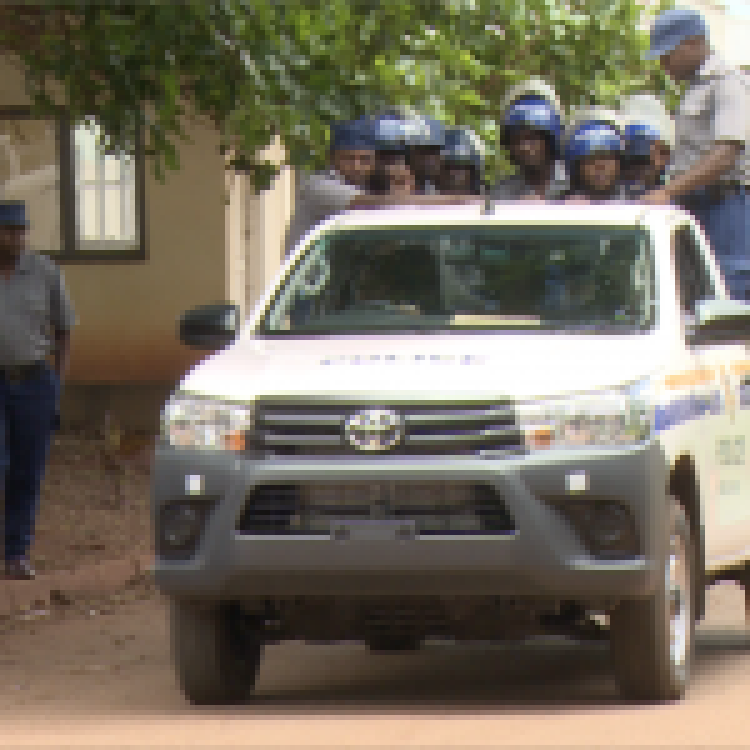![]()
(Photo: Columbus Mavhunga/VOA)
Following the deadly tropical cyclone, Idaihas, which has killed at least 700 people in Zimbabwe, Mozambique and Malawi, Human Rights Watch (HRW) has raised concerns over the “partisan distribution of emergency aid”.
Local media in Zimbabwe has reported seeing supporters of the ruling Zimbabwe African Nationalist Union-Patriotic Front denying aid, including food, to some cyclone survivors because they were believed to have supported to the opposition party, the Movement for Democratic Change (MDC).
Tendai Nyabanga, a ward councillor in the Chimanimani district, has disputed this claim telling the News Day:
"These things don't have politics, every person was affected, when we get to the ground we use the lists that we have with the names of households. Politics doesn't enter into these matters,"
Monica Mutsvanga, Zimbabwe’s minister of media, information and broadcasting services and senator for the Mutare-Chimanimani constituency, the area most affected by cyclone Idai, similarly disputed these allegations.
Following concerns over the alleged partisan distribution of aid, July Moyo, the local government minister, told parliament no political activists will be allowed to distribute aid to communities affected by the cyclone.
The statement has been welcomed by HRW which stated it “could help ensure that those most in need of emergency help receive it”. However, Dewa Mavhinga, the Southern Africa director, has further called for investigations into the “alleged abuse of aid distribution and appropriately punishing those responsible”. This will show Zimbabwe will not tolerate the politicisation of aid and would restore trust with donors that their aid will be received by the victims.
The UN’s World Food Programme reports the storm killed at least 185 people and left 270,000 in urgent need of humanitarian aid in Zimbabwe.
In February, a month before the cyclone, the UN reported over a million people were “facing emergency levels of food insecurity” due to drought earlier in the year and prolonged economic crisis.
Paul Zakariya, executive director of the Zimbabwe Farmer's Union, told reporters the country will need to import around 900,000 metric tonnes of grain this year to cover the shortfall created by the drought and cyclone.
The need to import grain has become more difficult as the cyclone has damaged key ports and roads connecting landlocked Zimbabwe to Mozambique. This will likely delay food imports.


